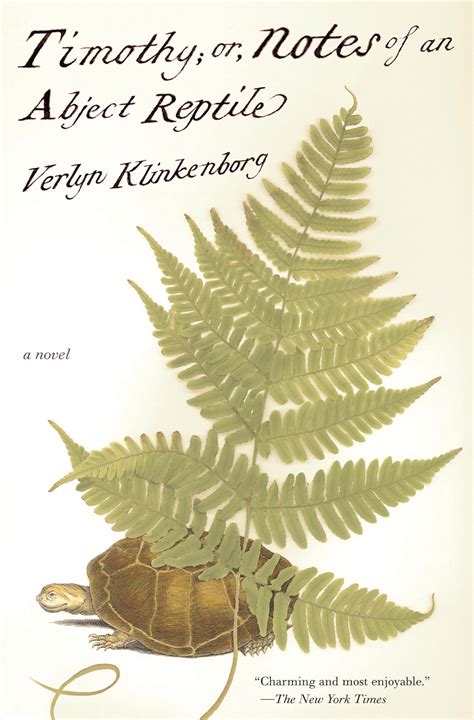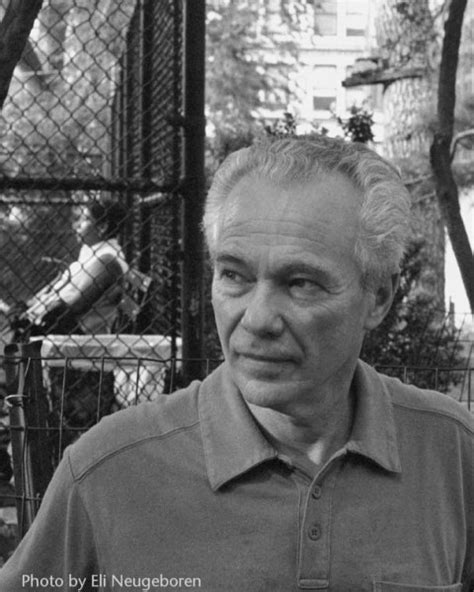A Quote by John Green
He liked the mere act of reading, the magic of turning scratches on a page into words inside his head.
Related Quotes
Writing is the act of creation. Put words on page. Words to sentences, sentences to paragraphs, paragraphs to 7-book epic fantasy cycles with books so heavy you could choke a hippo. But don't give writing too much power, either. A wizard controls his magic; it doesn't control him. Push aside lofty notions and embrace the workmanlike aesthetic. Hammers above magic wands; nails above eye-of-newt. The magic will return when you're done. The magic is what you did, not what you're doing.
Words! Mere words! How terrible they were! How clear, and vivid, and cruel! One could not escape from them. And yet what a subtle magic there was in them! They seemed to be able to give a plastic form to formless things, and to have a music of their own as sweet as that of viol or of lute. Mere words! Was there anything so real as words?
Reading activates and exercises the mind. Reading forces the mind to discriminate. From the beginning, readers have to recognize letters printed on the page, make them into words, the words into sentences, and the sentences into concepts. Reading pushes us to use our imagination and makes us more creatively inclined.
Some people spend their entire lives reading but never get beyond reading the words on the page, they don't understand that the words are merely stepping stones placed across a fast-flowing river, and the reason they're there is so that we can reach the farther shore, it's the other side that matters...
But to be perfectly frank, this childish idea that the author of a novel has some special insight into the characters in the novel ... it's ridiculous. That novel was composed of scratches on a page, dear. The characters inhabiting it have no life outside of those scratches. What happened to them? They all ceased to exist the moment the novel ended.

































